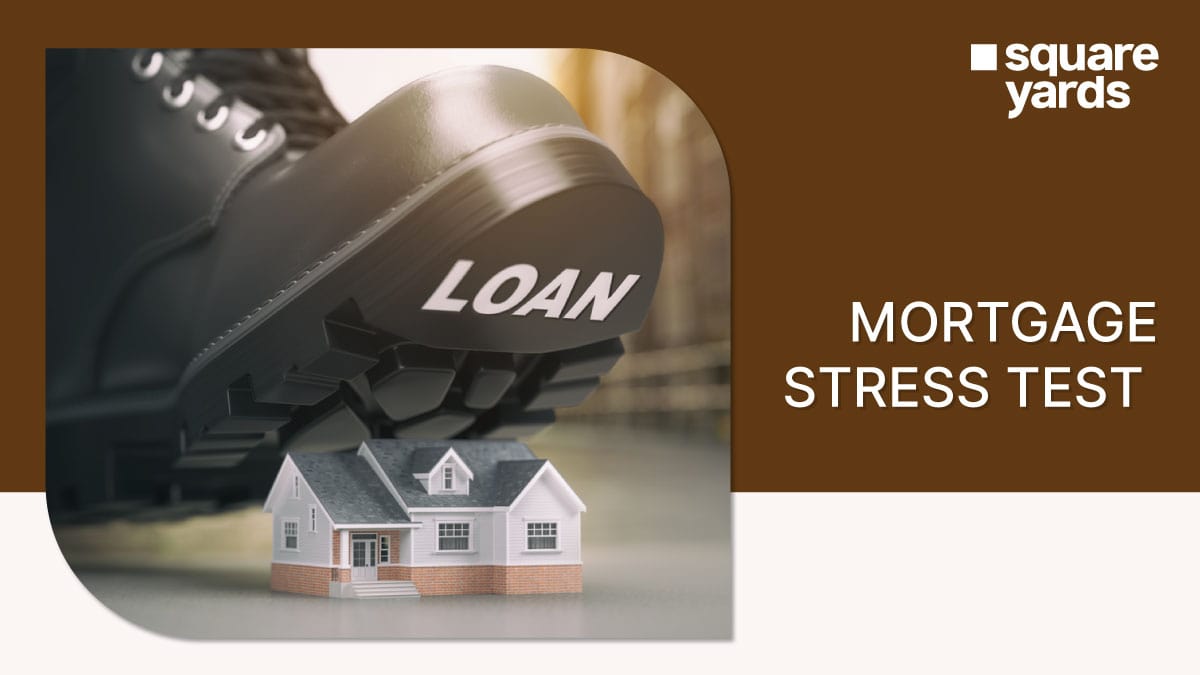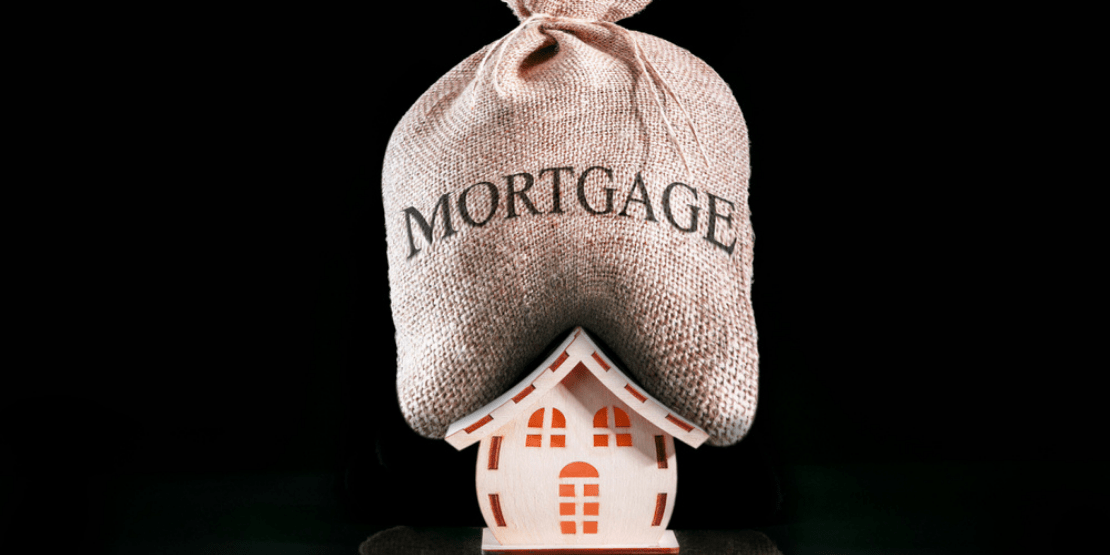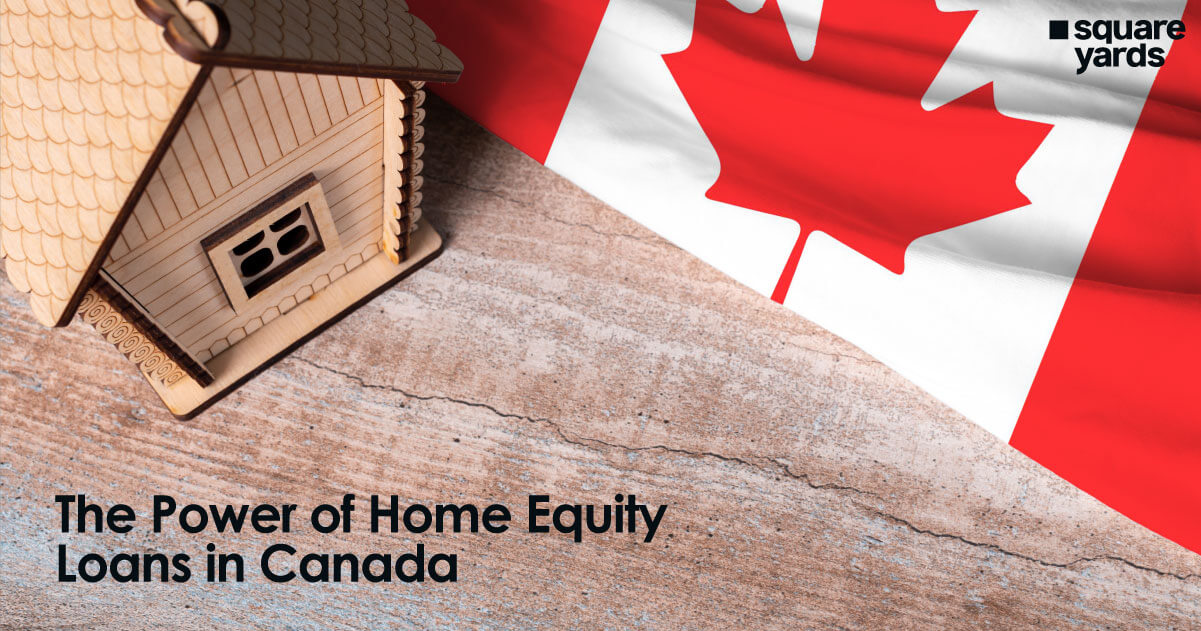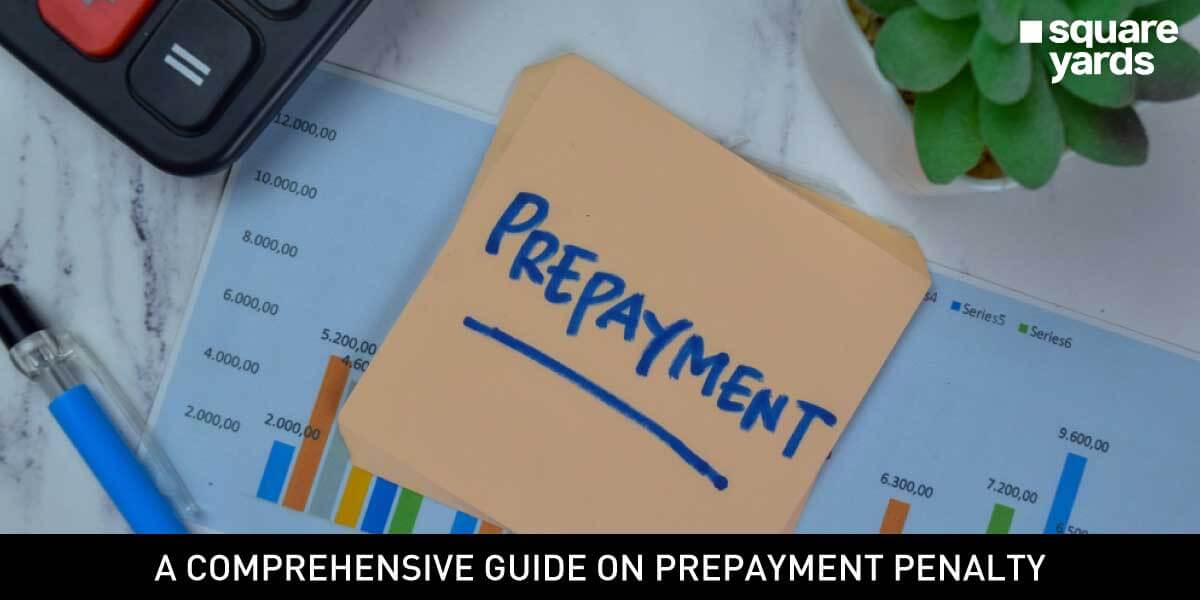The most common ambition that the Canadians chase after completing education and getting a proper job, is to own a house. Though it is obvious that saving funds for a down payment is the very first step to buying a home, you need to be aware of mortgage stress test in Canada. Let’s scroll down to understand how the mortgage stress test works in Canada.
Repayment Predictor
Simply put, Canada’s mortgage stress test calculator is a tool used to identify if the borrower is capable of repaying the amount.
When about to purchase a home in Canada, the mortgage rates top the discussion, and most people focus on the interest rates. People are primarily concerned about the interest rates on a mortgage because they add thousands of dollars to the total cost of purchasing a home.
Some people choose the variable interest rate option while opting for a mortgage in Canada. A variable interest rate is an interest rate that fluctuates over the life of a loan with a positive correlation to the ongoing interest rates of the Canadian banks.
Since the fluctuation in interest rates adds uncertainty to the mortgage equation, the money lenders or banks in Canada want to eliminate the possibility of the borrower being unable to repay the loan. Thus, banks and lenders apply a mortgage stress test before approving the mortgage to identify the risk associated with the loan approved in variable interest rates.
How Does the Mortgage Stress Test Work?
The term ‘test’ makes the mortgage stress test sound more daunting and tough than it actually is. This test is all about the calculation that helps a lender estimate the borrower’s payback capability even if the interest rates increase in the future.
The mortgage stress test compares your earnings with your debts, mortgage payment, and property price. This comparison is known as GDS (Gross Debt Service) and TDS (Total Debt Service). Therefore, to pass the mortgage stress test in Canada, your GDS ratio must lie under 39% and your TDS ratio should lie under 44%.
If you also want to pass the Canadian mortgage stress test, then you would need to prove your capability to afford the mortgage loan at the present qualifying interest rate. The qualifying interest rate is generally higher than the original interest rate on your mortgage norms.
The mortgage qualifying rate is revised once a year by the Finance Department and the Office of the Superintendent of Financial Institutions to ensure that it reflects the present status of the economy.
Latest Alterations
Last year, in June 2021, the rules for clearing the mortgage stress test were altered slightly. To pass the mortgage stress test, potential borrowers would now have to be capable of either a flat interest rate of 5.25% or the existing mortgage interest rate with 2% added interest.
The flat 5.25% is the standard rate that is used to qualify for insured or uninsured mortgages. For instance, if you are putting in an appeal for a mortgage interest rate of 3%, then you would be assessed on a 5.25% rate because it is higher than your interest rate and meets the plus two per cent criteria.
The growth in the assessment rate for the mortgage stress test has reduced the purchasing power of many prospective home buyers in Canada.
Also, it has become difficult for existing borrowers to renew their mortgages at the current increased rates.
Incorporating the increased rates with the surging mortgages and the financial effects of the COVID-19, it should not come as a surprise that ordinary Canadians are bothered about mortgage approvals.
Impact of the Mortgage Stress Test on Canadians
The increased eligibility rate of the mortgage stress test in Canada has made it a little tougher for Canadians to purchase their dream homes.
For instance, if you are applying for a mortgage of $750,000 at a fixed rate of 2.75% for 5 years with a total amortization period of 25 years, then, the lender will evaluate your affordability at the standard rate of 5.25% making it much higher than the combined fixed 2.75% and added 2% interest.
Due to the variance in interest rates, the standard 5.25% rate is used to identify how much mortgage loan you can afford, even if it is a bit higher than the actual interest rate.
When assessed at the standard qualifying rate, you will be able to repay fewer mortgages than you can afford at your true interest rate of 2.75%.
Keeping the mortgage stress test and its qualifying standard interest rate in mind, if you are still looking forward to purchasing a home in Canada, we would suggest that you approach a mortgage expert. You can also speak with a financial advisor to help you navigate the home buying process in Canada based on your mortgage approval. Moreover, the keynote is that the higher you put the down payment, the lower the mortgage, which will, in turn, reduce the impact of the new mortgage stress test.
You May Also Read
FAQs (Frequently Asked Questions)
To clear the mortgage stress test in Canada, you are required to be able to afford your mortgage payments in case the interest rate on your loan amount fluctuates. Thus, you need to show the payback capability of the present or target interest rate plus 2%.
If you are applying for a mortgage for the first time, the lender will calculate the ratio of your GDS (gross debt service) and TDS (total debt service). The lender will do this calculation to determine if you have enough income to pay off your debt mortgage.
Because the credit union is not federally regulated, the stress doesn’t apply to most mortgages. If you are applying for a mortgage with less than a 20% down-payment, it becomes mandatory for you to clear the stress test.
According to the Superintendent of Financial Institutions, the minimum stress test interest rate will remain at 5.25% in Canada.
The stress test in Canada applies to all new mortgages along with mortgage renewals for mortgage borrowers who are about to change their financial institutions.
The mortgage stress test in Canada applies to both uninsured and insured new mortgage applicants. If you have a mortgage but you wish to refinance the mortgage, then you will need to change the mortgage lender to take out your home equity loan. Keep in mind that while refinancing your mortgage, the stress test will still apply to you.















